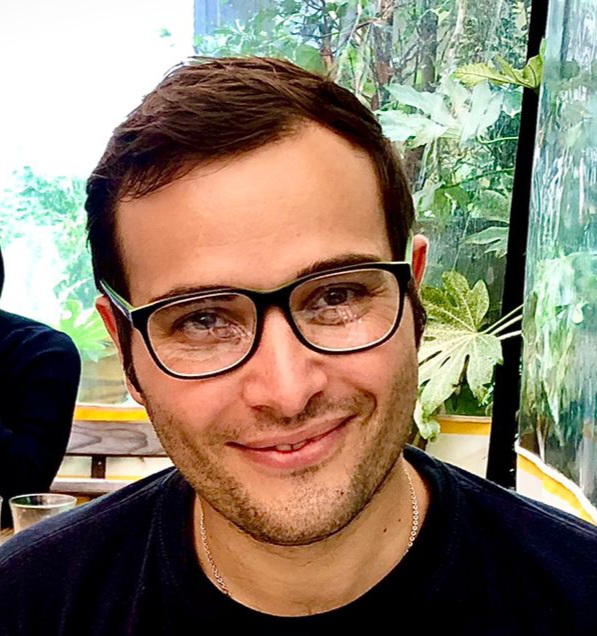| ZFIN ID: ZDB-PERS-150227-1 |
Torraca, Vincenzo
|

|
BIOGRAPHY AND RESEARCH INTERESTS
I am a Lecturer in Infectious Disease at King's College London and a Fellow of the Higher Education Academy (FHEA). My research focuses on host-pathogen interactions, genomic epidemiology, and antimicrobial resistance for globally relevant bacterial pathogens. In my lab, we use the zebrafish model to recapitulate human infections with a variety of bacteria, including Shigella, E. coli, Salmonella, and Mycobacterium. We are also interested in cell biology and we explore infections as a tool to obtain a better understanding of cell functions in both physiological and pathological contexts. Over the last few years, my work focused on the persistent carriage of enteropathogens and on the development of innovative strategies to counteract Shigella infections.
I was previously a Senior Lecturer in Microbiology and Co-Course Leader for BSc (Hons) Medical Sciences at the University of Westminster, an Assistant Professor and Wellcome ISSF Fellow at the London School of Hygiene and Tropical Medicine, a Marie Curie Research Fellow at Imperial College London and a Marie Curie PhD Fellow at Leiden University.
I was awarded a Postgraduate Certificate in Learning and Teaching (LSHTM), a PhD in Microbiology and Immunology (Leiden University), a MSc in Molecular and Cellular Biology (Salerno University) and a BSc in Molecular and Computational Biology (Salerno University).
I was previously a Senior Lecturer in Microbiology and Co-Course Leader for BSc (Hons) Medical Sciences at the University of Westminster, an Assistant Professor and Wellcome ISSF Fellow at the London School of Hygiene and Tropical Medicine, a Marie Curie Research Fellow at Imperial College London and a Marie Curie PhD Fellow at Leiden University.
I was awarded a Postgraduate Certificate in Learning and Teaching (LSHTM), a PhD in Microbiology and Immunology (Leiden University), a MSc in Molecular and Cellular Biology (Salerno University) and a BSc in Molecular and Computational Biology (Salerno University).
PUBLICATIONS
NON-ZEBRAFISH PUBLICATIONS
